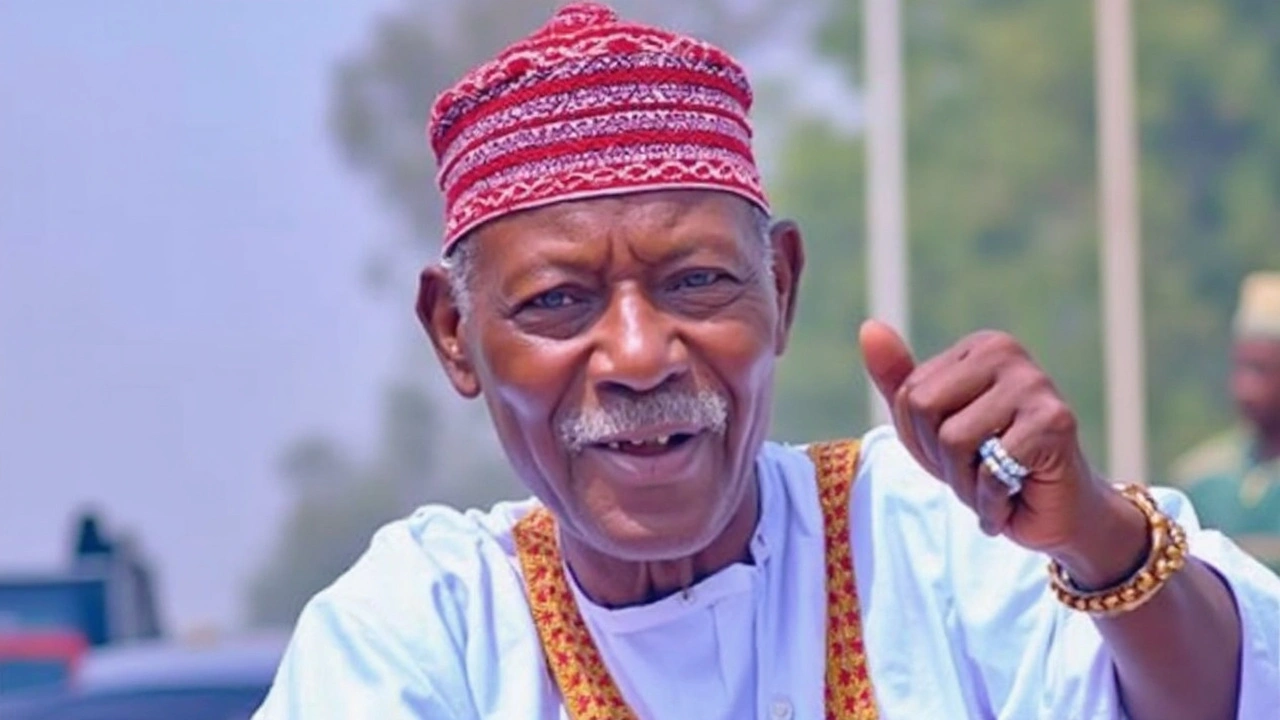Understanding Islamic Festivals: What They Are and Why They Matter
Islamic festivals hold deep meaning for millions of people globally. These celebrations are tied to the Islamic calendar and religious traditions. Two of the biggest Islamic festivals are Eid al-Fitr and Eid al-Adha. Eid al-Fitr marks the end of Ramadan, a month of fasting and reflection, while Eid al-Adha honors the willingness of Ibrahim (Abraham) to sacrifice for God.
Both festivals serve as times for family gatherings, prayer, charity, and feasting. They bring communities together and reinforce faith, gratitude, and unity among Muslims. Understanding these festivals helps appreciate the cultural and spiritual richness they represent.
When Do These Festivals Happen?
The dates of Islamic festivals change every year because they follow the lunar Hijri calendar, which is about 11 days shorter than the Gregorian calendar. Ramadan lasts for 29 or 30 days, with its start confirmed by the sighting of the new moon. Eid al-Fitr then celebrates the completion of this fast, while Eid al-Adha falls about two months later during the month of Dhu al-Hijjah.
Recognizing the timing helps those outside the community plan and respect these significant holidays. It also explains why Muslim holidays move through different seasons each year, affecting traditions like food and gatherings based on local customs and weather.
How Muslims Celebrate These Festivals
Celebrations typically begin with communal prayers at mosques or open spaces early in the morning. Then, families visit each other to share meals and give gifts. Charity, called zakat, plays a big role, especially during Eid al-Adha when an animal is sacrificed and the meat is shared with the poor.
Food is a highlight—after fasting for a whole month, Eid al-Fitr often features plenty of sweets and special dishes. Eid al-Adha brings traditional meat dishes into the spotlight, symbolizing sacrifice and generosity. These festivals are more than just holidays; they are moments to reconnect with values and loved ones.
Whether you’re Muslim or just curious, learning about Islamic festivals opens a window to traditions that shape a big part of the world’s culture today.
